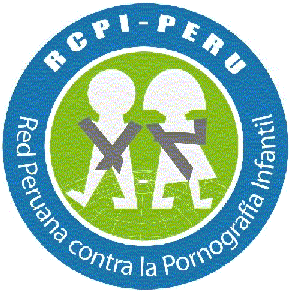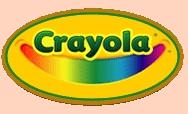Let's Talk About... The Choking Game
 Young people need to understand that the Choking Game is not a game and that it is very dangerous. You may remember something like it from your childhood, as the idea has been around for a while. Children play the game by compressing their friend's chest or squeezing their neck with their hands or other devices, like ropes, cords or belts. This "game" temporarily cuts off the flow of oxygen to the brain. At first the person being choked will feel light-headed due to the reduced blood flow and the lack of oxygen to the brain, causing a "high" feeling. Once the pressure to the chest or neck is released the surge of blood to the brain creates a "rush" feeling.
Young people need to understand that the Choking Game is not a game and that it is very dangerous. You may remember something like it from your childhood, as the idea has been around for a while. Children play the game by compressing their friend's chest or squeezing their neck with their hands or other devices, like ropes, cords or belts. This "game" temporarily cuts off the flow of oxygen to the brain. At first the person being choked will feel light-headed due to the reduced blood flow and the lack of oxygen to the brain, causing a "high" feeling. Once the pressure to the chest or neck is released the surge of blood to the brain creates a "rush" feeling.Children are reporting that they believe that this is a safe way to get a "high" because it does not involve drugs. They have no idea how dangerous this activity is and they are unaware that it can be fatal or cause serious harm. The media has recently reported a number of deaths and brain damage cases directly related to this activity. It is estimated that 250 to 1,000 young people die in the United States each year from some form of the choking game. Many are reported as suicides. In many of these cases children are constricting themselves with ties or belts. When the flow of oxygen is cut off they unintentionally pass out leaving no one to loosen the device around their neck. Even children who play the game among friends are at risk for permanent brain damage, harm to the retina, accidental fall from passing out, and death.
- Mostly children age 9-15 years old
- Children as young as 6, especially if they have older siblings playing this "game"
- High achievers, not using drugs or alcohol
- Any child
Why Do Pre-Teens and Teens Participate?
- To achieve a "high" without drugs or alcohol
- They think it will not harm themselves or others
- They are curious
- They are pressured by peers
- They are experimenting with their bodies and feelings
- They may consider it "cool" and "risky"
Signs and Symptoms
- Complaints of headaches
- Unexplained marks or bruises on the neck
- Bloodshot or red eyes
- Raspy breath
- Ropes, cords, belts, neck ties found in unusual locations around the house
- Unusual need for privacy or locked doors
- Petechiae (tiny red dots) on face or cheeks
- Disorientation after spending time alone
- Chat room conversations about the game or websites visited
What Other Names Does The Choking Game Have?
- Blackout game
- Knockout game
- Dream game
- Pass out game
- Fainting game
- Rising sun game
- Funky chicken
- Space cowboy
- Suffocation game
What You Can Do
Be persistent and tell children how dangerous it is.
The choking game is something that is not often talked about. Kids will be secretive about it and may even pretend they don't know what you are talking about if you ask.When you talk about the game use visual pictures and be concrete.
Mentioning specific risks of the game, such as brain damage and physical disfigurement can be even more powerful to children than the idea of dying. Teens tend to think they are invincible and that dying will not happen to them.
Provide teens with choices for safer risk-taking and reducing stress.
Just like adults, for many children and teens, risk taking is a way to relieve stress. Help your children find healthy ways to deal with stress and set a good example by finding healthy ways to deal with your own stress. There are many positive activities like running, dancing, biking or rock climbing, which relieve stress and produce a safe natural feeling of pleasure and a sense of self-satisfaction.
References
- Rosenbluth, Julie, M.P.H., CHES, Guidance Channel Ezine, March 2007.
- Hunter, Sheriff Don, The Choking Game…Deadly Child's Play, The Collier County Sheriff's Office, January 2006.
- Macnab, Andrew J., MD, Teens warns of deadly game: ‘I died and came back', The Providence Journal, Sunday, April 15, 2007.
Resources: www.teenchokinggame.com












































